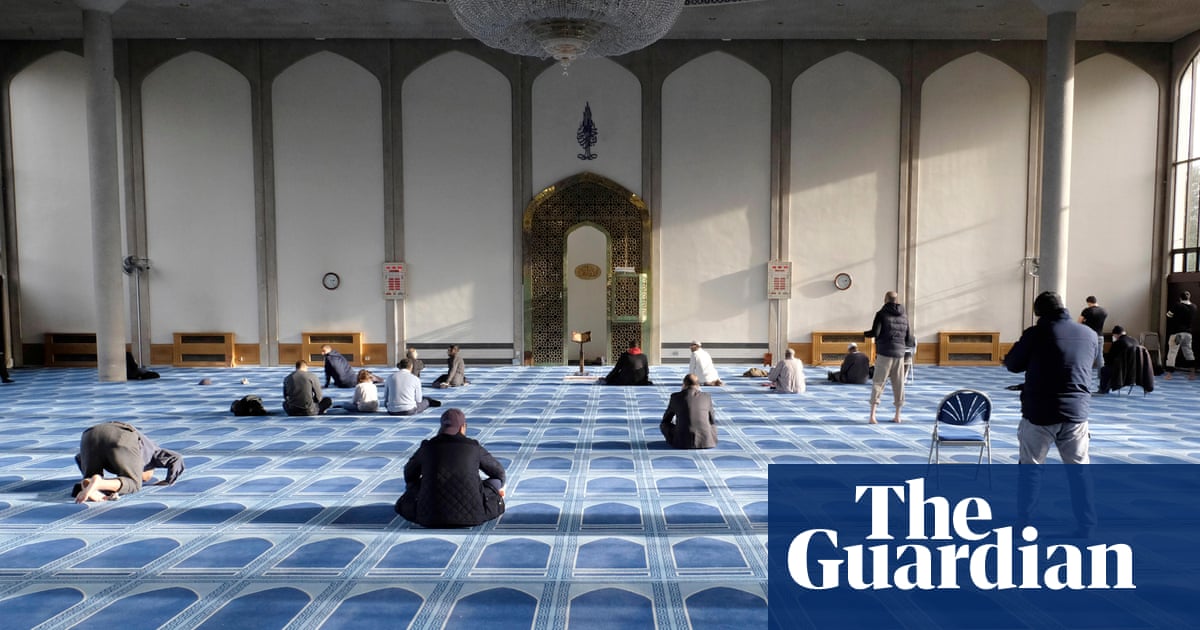
One of the UK’s most prominent mosques has denied providing advice to the Michaela community school that all afternoon prayers could be deferred, disputing claims heard in court.
Katharine Birbalsingh, who runs the non-faith state school in Wembley and is often called “Britain’s strictest headteacher”, defeated a high court challenge this week to her policy of stopping pupils praying at lunchtime.
The Muslim student who brought the legal case was banned from praying at the school after Birbalsingh claimed it broke up the cohesion of the school and undermined inclusion. However, the student argued the policy was discriminatory.
According to the written ruling, the head informed the court that she had spoken to the imam at the London Central mosque, who “agreed” with the view that the afternoon prayer could be done later and “offered to speak to any Muslim parents who had doubts on this point”.
However, a statement by the mosque released on X disputed this, saying it had told the school that in some circumstances “it would not be possible to pray later”.
The statement read: “In so far as the praying later is concerned, the London Central mosque explained that, in the summer, the time between Dhur (noon prayer) and Asr (afternoon prayer) is further apart so the earlier prayer (in this case the Dhur one) can be done later … this is an accepted practice called Al jamm al suri.
“We made it clear that in the winter it would not be possible to pray later as times are much shorter,” it added.
The tweeted statement also described the high court verdict as “very disappointing” and said that preventing prayer – one of the five pillars of Islam – was a “violation of their religious and human rights”.
Birbalsingh did not comment on the mosque’s claims but in a statement of her own released after the ruling, wrote: “At Michaela we expect all religions and all races to make the necessary sacrifices to enable our school to thrive. The vast majority do so without complaint.”
Birbalsingh said 50% of the school’s intake was Muslim, adding: “If our families did not like the school, they would not repeatedly choose to send their children to Michaela.”
Mr Justice Linden, in his 83-page written judgment, said the prayer ban was a “proportionate means of achieving the legitimate aims” of the school.
Linden added: “The claimant at the very least impliedly accepted, when she enrolled at the school, that she would be subject to restrictions on her ability to manifest her religion.”
However, the judge also acknowledged the prayer ban indirectly discriminated against Muslims because they were more likely than other pupils to wish to pray during school hours.
After the ruling, the student said in a statement that she was “disappointed”, adding: “As is set out in the judgment, I do not agree that it would be too hard for the school to accommodate pupils who wished to pray in the lunch break.”
The Michaela community school, which is rated outstanding by Ofsted, has previously attracted attention as students are expected to adhere to strict rules including remaining silent in corridors and observing restrictions on uniform.












